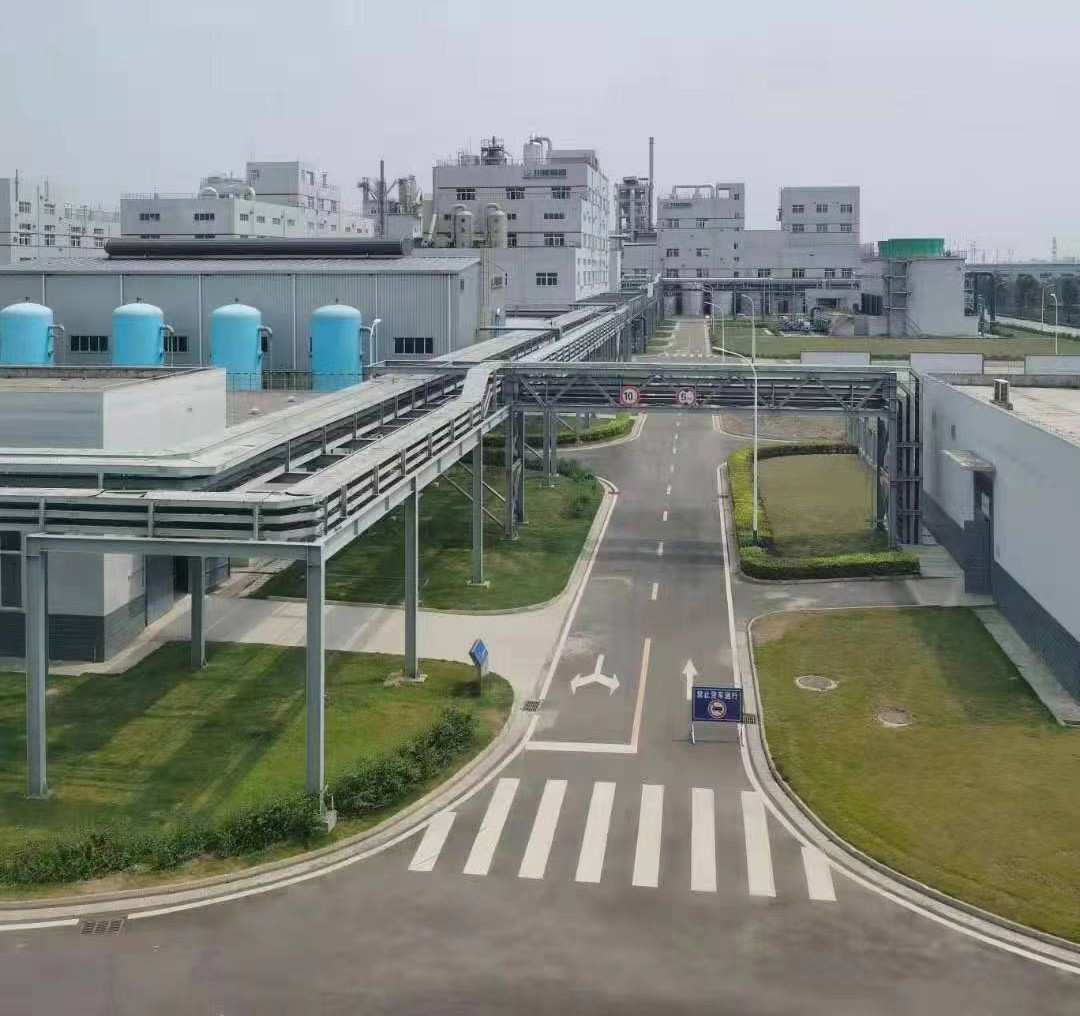What is the difference between lithium iron phosphate batteries and lithium carbonate batteries
Aug,08,24
Baili New Materials
May 11, 2024 09:46 Jiangxi
There are differences between lithium iron phosphate batteries and lithium carbonate batteries in multiple aspects.
The following are the main differences between the two:
Materials and Structure:
Lithium iron phosphate battery: a lithium-ion battery using lithium iron phosphate (LiFePO4) as the positive electrode material.
Lithium carbonate battery: a primary battery that uses lithium metal or lithium alloy as the negative electrode material and a non-aqueous electrolyte solution.
Performance characteristics:
Lithium iron phosphate battery:
High thermal stability, high reliability, reducing the risk of overheating, combustion, or explosion.
Long cycle life, up to 2000 times or more, reducing replacement and maintenance frequency.
Environmentally friendly, free of harmful substances, and recyclable.
Fast charging, saving time.
Low self discharge rate, suitable for long-term backup power supply.
High rate discharge performance, suitable for instantaneous high-power output scenarios.
Lithium carbonate battery:
High energy density increases vehicle range.
Long lifespan, typically around 5-8 years.
Low self discharge ensures long-term storage and use of the battery.
High reliability, with measures to prevent thermal runaway.
Easy to charge, can be charged through a household power source.
Application areas:
Lithium iron phosphate batteries: widely used in fields such as electric vehicles, energy storage systems, drones, aviation models, and portable electronic devices.
Lithium carbonate battery: It is one of the widely used and mature batteries in new energy vehicles.






